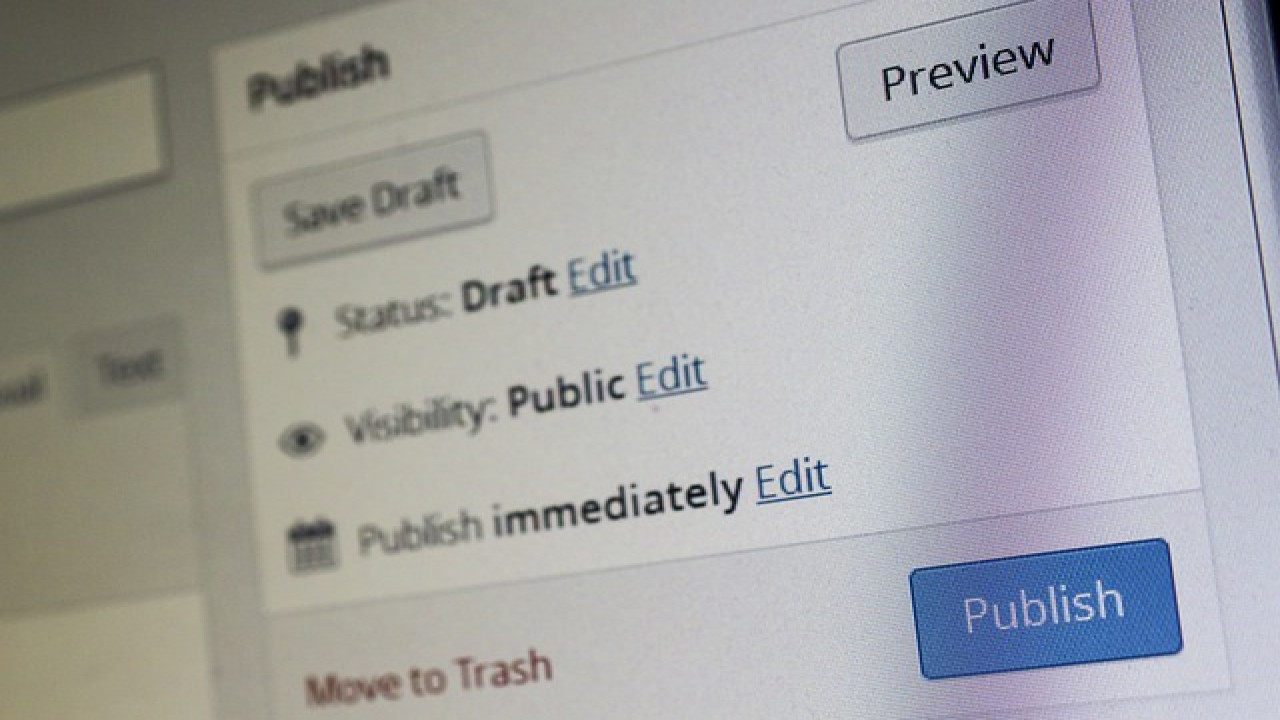Comparing Free vs. Paid Image Hosting Services: Which One Is Right for You?
When it comes to sharing and storing images online, choosing the right image hosting service can make a significant difference. Whether you're a photographer, blogger, or business owner, you need a platform that suits your needs. In this article, we'll compare free and paid image hosting services to help you determine which one is the right choice for you.
Free Image Hosting Services
Free image hosting services provide users with a simple and cost-effective way to upload and share images online. Some of the most popular free image hosting platforms include Imgur, Google Photos, Flickr (with limitations), and PostImage.
Pros of Free Image Hosting:
-
No Cost: The biggest advantage is that you don’t have to pay for storage or bandwidth.
-
Ease of Use: Free services often have a simple, user-friendly interface for quick uploads and sharing.
-
Community Engagement: Some platforms, like Imgur and Flickr, have active communities where users can share and engage with others.
-
No Technical Setup Required: Free platforms handle all the back-end infrastructure, making them hassle-free for users.
Cons of Free Image Hosting:
-
Limited Storage: Many free services impose storage or bandwidth limits, which can be restrictive for heavy users.
-
Compression & Quality Loss: Some free platforms compress images to save storage, reducing image quality.
-
Ads & Monetization: Free hosting services often display ads or use your uploaded content for monetization.
-
Risk of Image Deletion: Free platforms may remove inactive images or accounts, leading to potential data loss.
-
Lack of Customization & Branding: Most free services don’t allow for personal branding or advanced customization.
Paid Image Hosting Services
Paid image hosting services, such as SmugMug, Adobe Portfolio, ImageShack, and private cloud storage services like Dropbox or Google Drive, offer premium features for users who need more control over their image storage.
Pros of Paid Image Hosting:
-
Higher Storage Limits: Many paid plans offer generous or unlimited storage options.
-
Better Image Quality: Images are stored in high resolution without aggressive compression.
-
Custom Domains & Branding: Paid plans often allow users to use their own domain name and branding.
-
Increased Privacy & Security: Paid services usually offer better data protection, including password-protected albums and private sharing options.
-
Reliable Uptime & Backup: With premium hosting, images are less likely to be removed due to inactivity.
-
No Ads or Monetization on Your Images: Your content remains ad-free, making it more professional.
Cons of Paid Image Hosting:
-
Monthly or Annual Costs: Paid services require a financial investment that may not be feasible for everyone.
-
Setup & Management: Some paid platforms require initial setup and ongoing management.
-
Feature Overload: If you only need basic image storage, some premium features may go unused.
Which One Is Right for You?
The choice between free and paid image hosting depends on your specific needs:
-
If you need a quick, simple way to share images for casual use, free image hosting is a great option.
-
If you're a professional photographer, business owner, or content creator who requires high-quality storage and branding, investing in a paid service is the better choice.
-
If privacy and security are a concern, premium hosting options with advanced security features are recommended.
Final Thoughts
Both free and paid image hosting services have their advantages and disadvantages. If you’re just getting started or only need occasional image hosting, free services can be a great solution. However, if you require professional, secure, and high-quality image hosting with customization options, a paid service may be worth the investment.
Consider your budget, usage needs, and long-term goals before making your decision. Whatever you choose, ensure that your images remain accessible, secure, and of the best quality possible!








Comments (0)